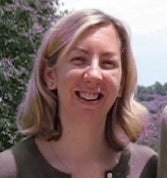
Susannah Barton Tobin
Managing Director, Climenko Fellowship and Asst. Dean for Academic Career Advising
Susannah directs the First-Year Legal Research and Writing Program and teaches a section in the program.
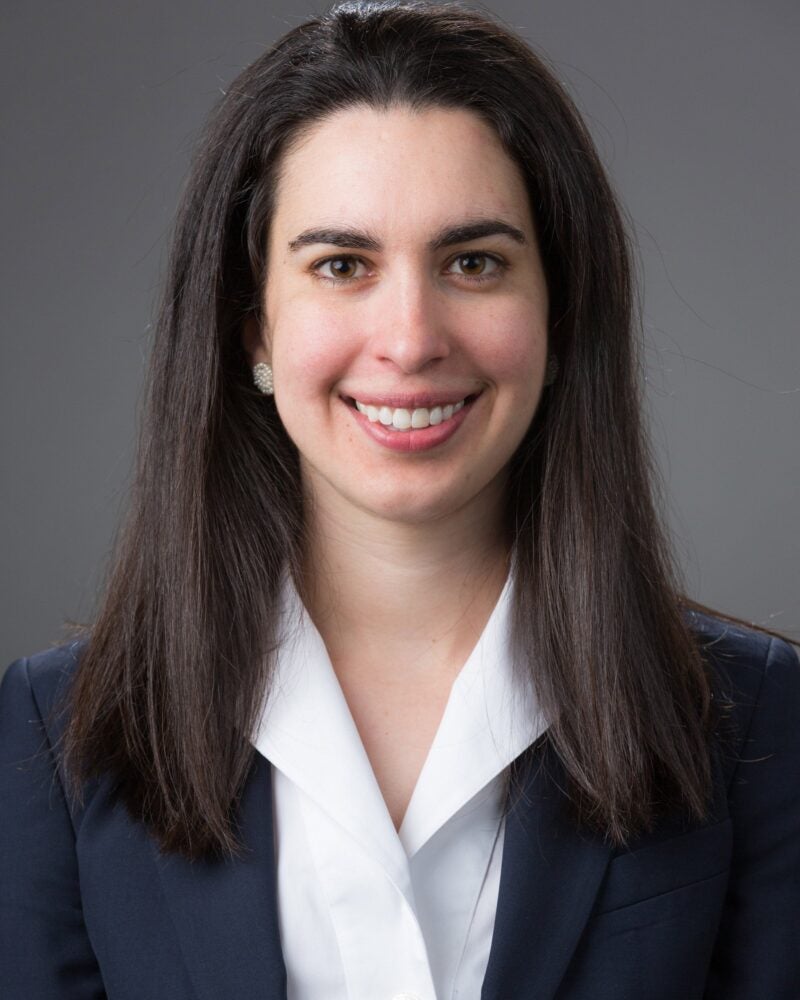
Siobhan Barco
Siobhan Mukerji Barco is a Climenko Fellow and Lecturer on Law at Harvard Law School. Her primary fields of teaching and research are contract law, American legal history, and labor & employment law.
Siobhan’s research centers on the profound but previously overlooked role of legal newspapers in the development of modern American law. She demonstrates how during the late nineteenth century’s second founding era the legal news functioned as both a key source of legal authority and a conduit for the development and dissemination of ideas about law. Furthermore, shifting the perspective to newspapers reveals a more varied legal profession—one that included women and other marginalized groups. Her research has been supported by the American Society for Legal History, the William Nelson Cromwell Foundation, and the American Historical Association.

Elizabeth Bewley
Elizabeth Bewley is a Climenko Fellow and Lecturer on Law at Harvard Law School.
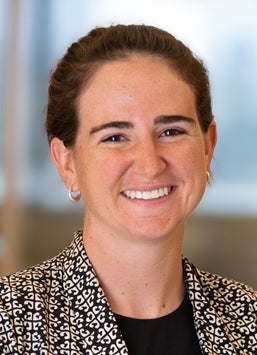
Hannah Carrese
Hannah Carrese works on the legal history of property, particularly of common and public land, and on the present and future of laws protecting land, water, and species. She has conducted research addressing these themes in the western United States, England, and Chile. Her current project is an article on the divergence between John Locke’s theory of property, which dismisses common rights to land, and the 17th century common law of property, which centered them. Hannah has also written on political theories regarding refugees, with a focus on Hannah Arendt’s concept of political homelessness. She earned an MPhil in political theory at Oxford and undergraduate and law degrees at Yale, and she clerked for Judge Harris L Hartz on the Tenth Circuit Court of Appeals.
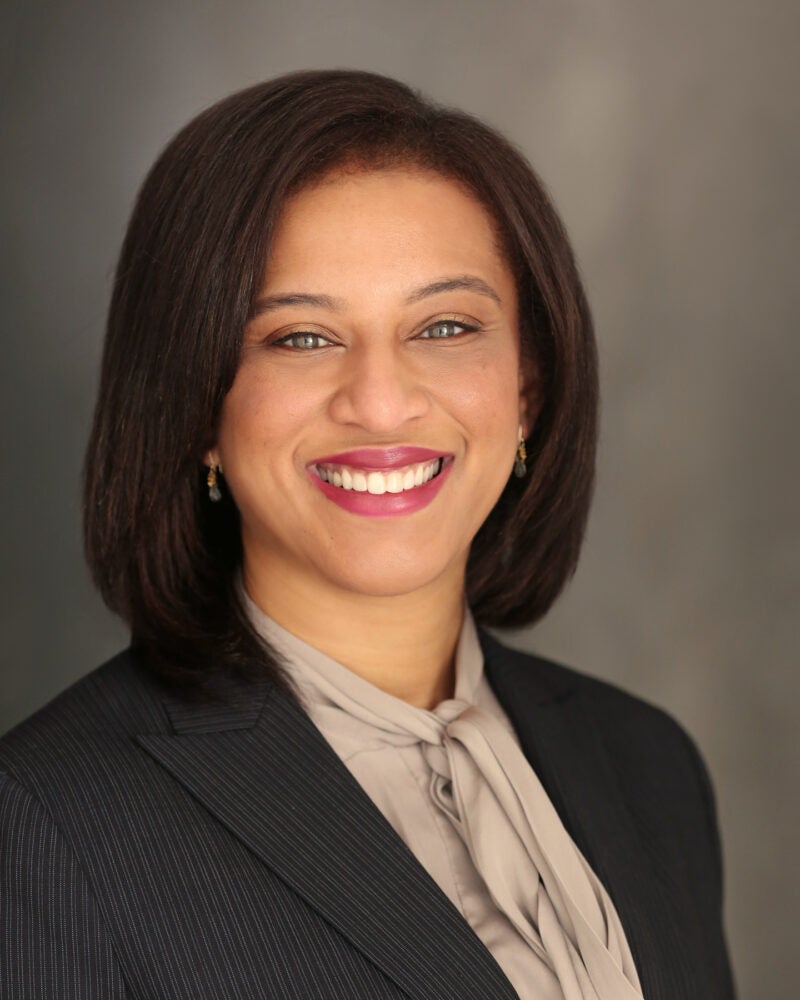
Sabrina Charles
Sabrina Charles is a Climenko Fellow and Lecturer on Law at Harvard Law School and a doctoral candidate in Sociology at New York University.
Sabrina’s primary research interests are in the sociology of punishment, the administrative state, social theory, and the sociology of legal knowledge. Sabrina, whose dissertation research is in immigration court, recently received a National Institute of Social Sciences Dissertation Grant to conduct in-depth interviews with people who have undergone or are undergoing immigration court proceedings. Sabrina’s other research explores time and state social control and how incarcerated legal experts (“jailhouse lawyers”) access and create legal expertise.
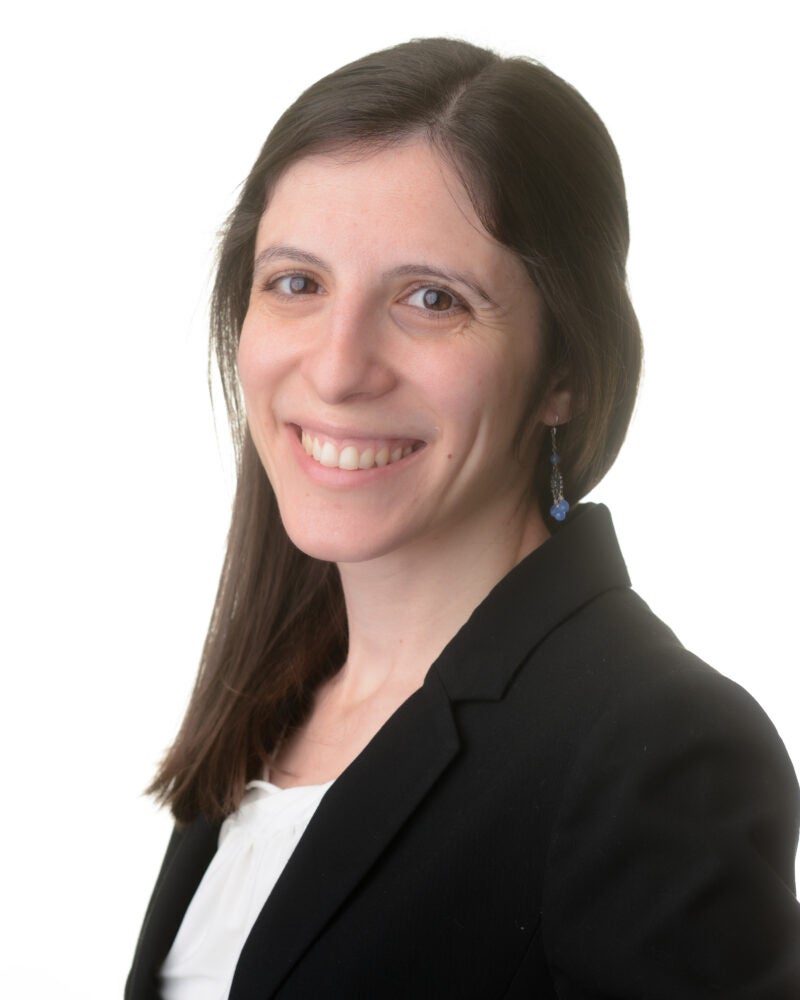
Gemma Donofrio
Gemma Donofrio is a Climenko Fellow and Lecturer in Law at Harvard Law School. Her research focuses on reproductive justice, intimate partner violence, and bodily autonomy. Her current project examines how tort law conceptualizes reproductive harm. Her scholarship has appeared in the North Carolina Law Review and the N.Y.U. Review of Law & Social Change.
Wynne Muscatine Graham
Wynne Muscatine Graham is a Climenko Fellow.
Prior to her fellowship, Wynne was a Liman Law Fellow with the MacArthur Justice Center’s Supreme Court and Appellate Program. There she focused on litigation challenging prolonged solitary confinement and other prison conditions, police misconduct, and excessive sentencing. She also co-taught UCLA’s Prisoners’ Rights Clinic.
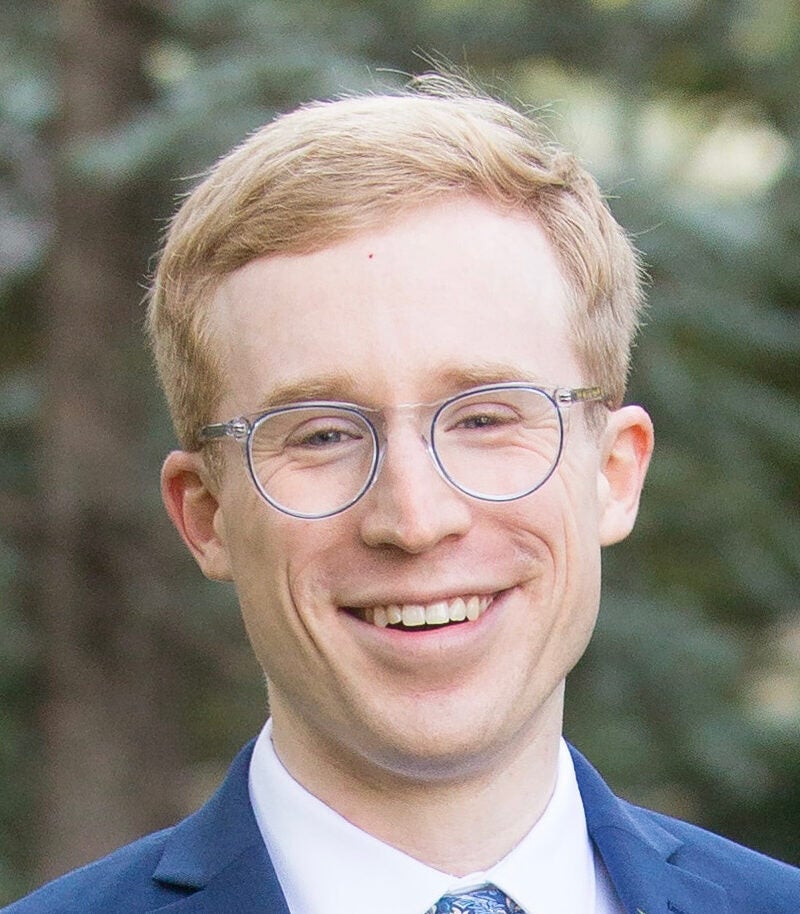
Michael Mitchell
Michael Mitchell is a Climenko Fellow and Lecturer on Law at Harvard Law School. He is a scholar of the law and philosophy of democracy.
Michael received his J.D., magna cum laude, from Harvard Law School, and he is pursuing a Ph.D. in Philosophy at Harvard University. He holds an M.A. in Philosophy from Tufts University and an A.B. in Social Studies and Philosophy from Harvard College.

Dessie Otachliska
Dessie Otachliska is a Climenko Fellow and Lecturer on Law at Harvard Law School, where her research explores how constitutional doctrine structures the conditions under which democracy functions and adapts. Her current project analyzes how courts shape the institutional and informational conditions of constitutional enforcement, particularly through doctrines governing standing, remedies, and interpretive method. It further examines how these legal forms interact with institutional alignment, epistemic fragmentation, and procedural deferral to enable democratic erosion without formal rupture.
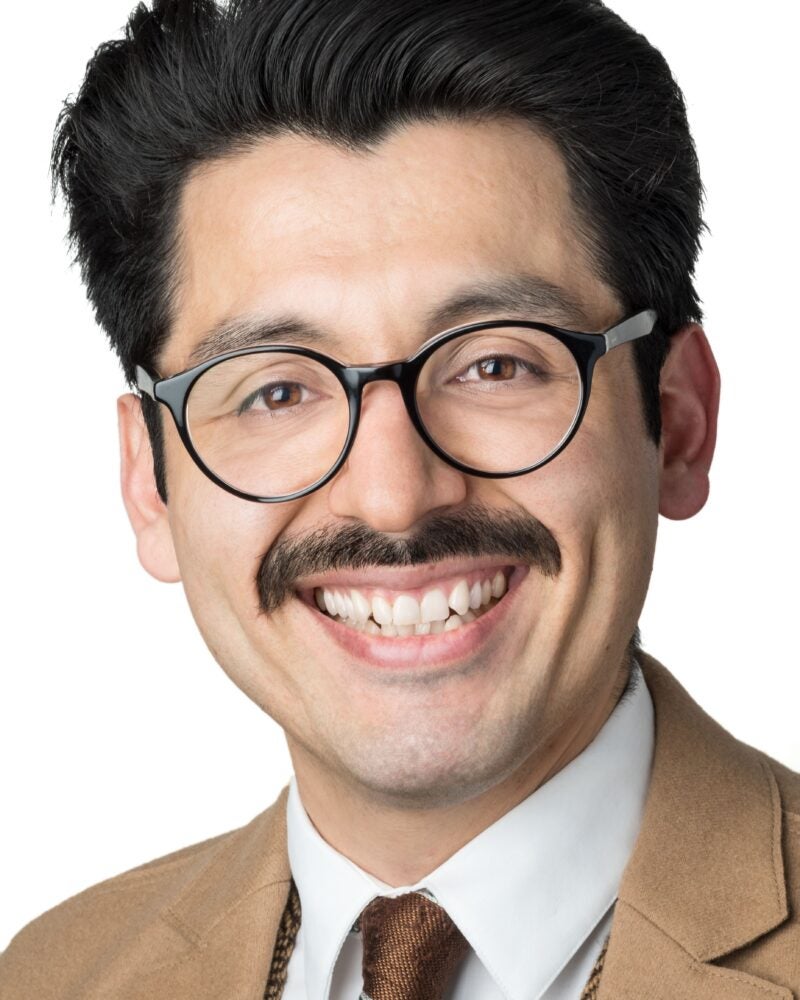
Saúl Ramírez
Saúl Ramírez is a Climenko Fellow and Lecturer on Law at Harvard Law School. He researches questions at the intersection of law and sociology, race and ethnicity, and crime and immigration (crimmigration). His current projects draw on his qualitative data to scrutinize a socio-legal puzzle—the incongruity between the hegemonic jurisprudence on deportations in the United States as a legal issue vis-à-vis its modern-day social realities—by, inter alia, juxtaposing incarceration’s collateral consequences and deportation’s ramifications to investigate whether and, if so, how deportation is punishment; and, consequently, underscore why immigrants’ repertoire of constitutional safeguards during removal proceedings ought to mirror the legal protections available in criminal court. His teaching interests include legal and social theory, race and the law, criminal law, and immigration law.
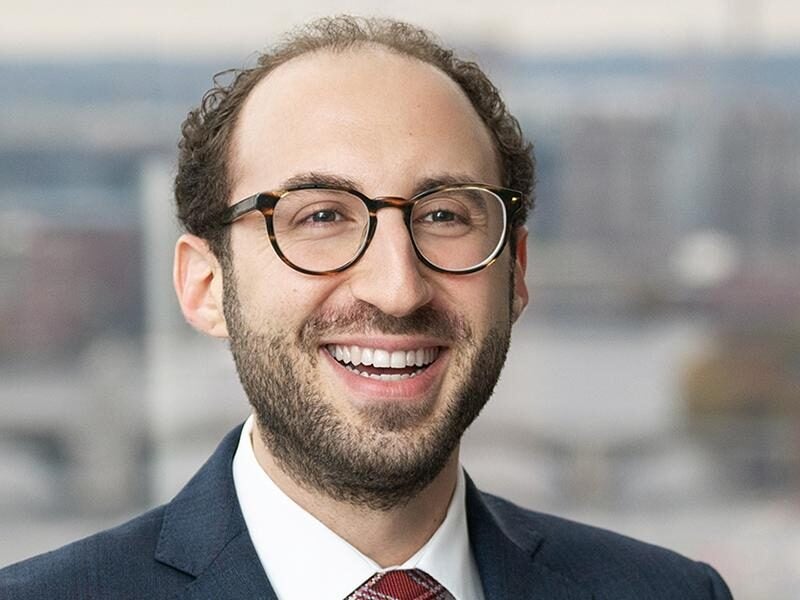
Daniel Sack
Daniel W. Sack is a Lecturer on Law at Harvard Law School, where he teaches First-Year Legal Research and Writing.
Outside of teaching, Mr. Sack is a practitioner in the Boston office of Latham and Watkins LLP, where he focuses on complex commercial litigation and policyholder-side insurance litigation. Mr. Sack previously served as a judicial law clerk to Judge Jon D. Levy of the United States District Court for the District of Maine and then to Judge Juan R. Torruella and Judge William J. Kayatta, Jr., of the United States Court of Appeals for the First Circuit.
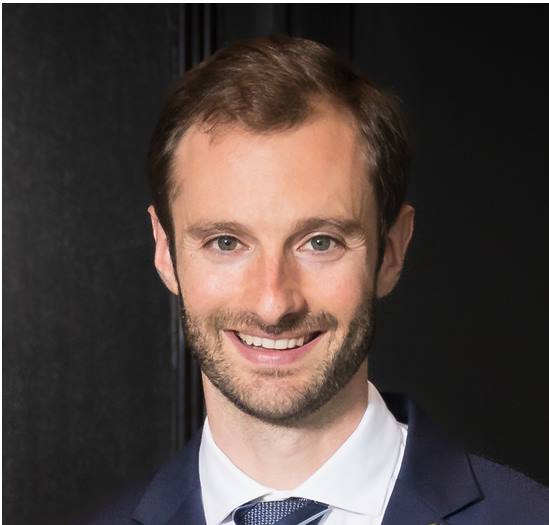
Adam Sandel
Adam Sandel studies law and philosophy, focusing on criminal law and procedure, criminal justice reform, and the legal profession. His current projects explore the dual role of a prosecutor as advocate and minister of justice, the proper scope of prosecutorial discretion, the strengths and weaknesses of public safety as the aim of law enforcement, the possibilities of restorative justice, and the moral limits of algorithmic decision-making in the courtroom and beyond.
He is the author of Happiness in Action: A Philosopher’s Guide to the Good Life (Harvard University Press, 2022) and The Place of Prejudice: A Case for Reasoning within the World (Harvard University Press, 2014).
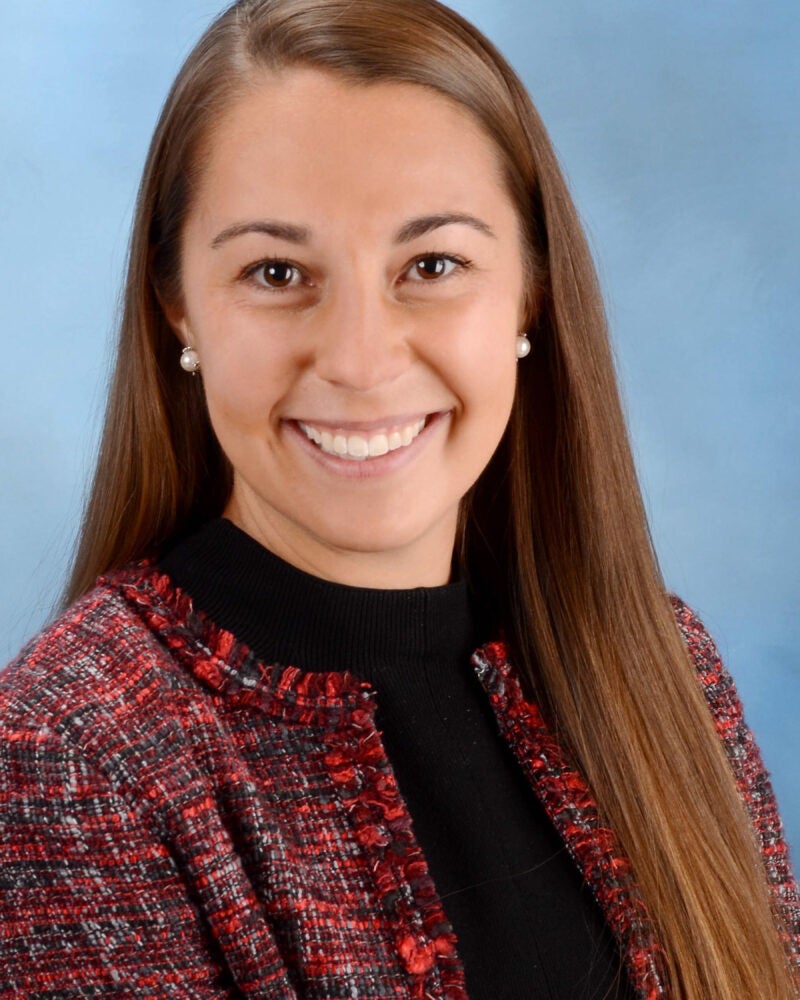
Justine Sheehan
Justine Sheehan is a Climenko Fellow and Lecturer on Law at Harvard Law School. Her scholarship focuses on studying the legal decisions that compromise vulnerable populations’ ability to access fundamental rights. She is currently working on a project that addresses an unsettled issue in state constitutional law, namely, whether the right against unreasonable searches and seizures protects arrested people from suspicionless inventory searches of their vehicles unless they had a reasonable opportunity to dispose of their vehicles in another manner.
Ash Smith
Ash Smith is a Climenko Fellow and Lecturer on Law at Harvard Law School. Her research examines the efficacy of structural reforms in the criminal legal system. Ash’s current work explores the efficacy of the “reform-minded” or “progressive prosecutor” movement across jurisdictions in the United States. It asks three overarching questions. First, who are “progressive prosecutors”? Second, what policy promises do they make, and do they keep them? And third, what barriers to changemaking do they face, and what strategies do they use to overcome opposition? This mixed-methods project employs quantitative and qualitative analysis, through an original database and interviews with nearly sixty elected district attorneys. Ash’s prior work has explored pretrial risk assessment instruments, legal financial obligations (fines and fees), collateral consequences of justice-system involvement, and the use of algorithms in the criminal legal system. Her teaching interests include criminal law, criminal procedure, civil procedure, and law and social change.
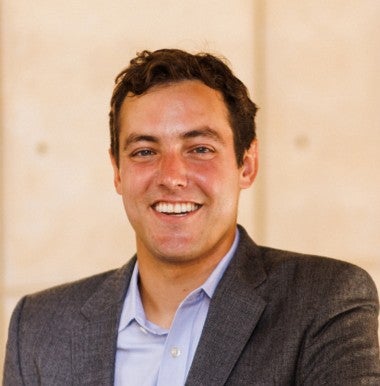
Todd Venook
Todd Venook is a Climenko Fellow and Lecturer on Law at Harvard Law School.
Todd’s research focuses on high-volume adjudication and access to justice. His work examines two behemoths of the American civil legal system—“lawyerless” state courtrooms and multidistrict litigation—to assess how courts manage crowded dockets, dispense mass justice, and get things done. His scholarship is forthcoming in the Yale Law Journal.
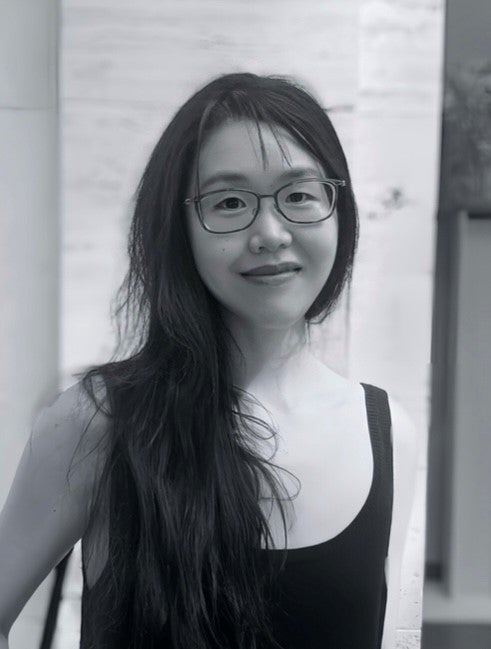
Mengyi Wang
Mengyi’s research focuses on how legal rules and institutions impact both domestic and international political economies. In particular, her current work examines how the Federal Reserve’s monetary instruments and industrial-trade policy reconfigure the administrative state, the constitutional structure, and global economic governance. Additionally, she has a secondary interest in alternatives to patent law to foster innovation, driven by her background in hard science and patent litigation-prosecution. To address these questions, she employs a mixed-methods research approach, integrating doctrinal, quantitative, and qualitative methods.